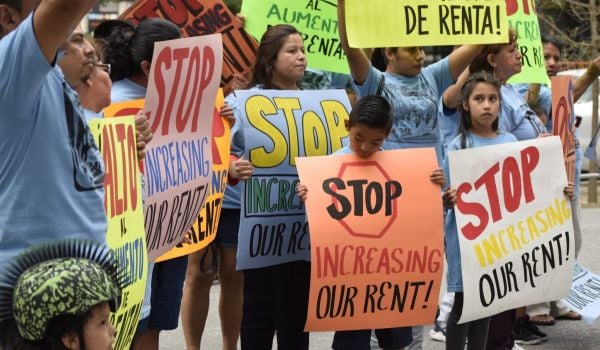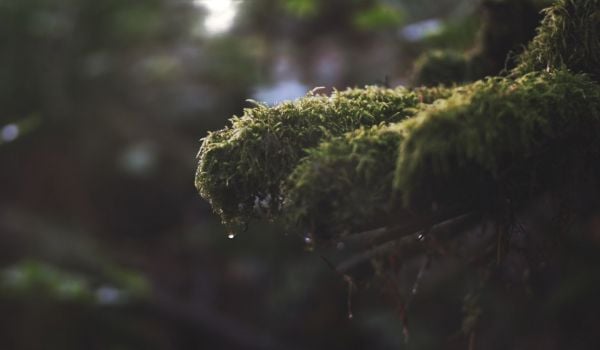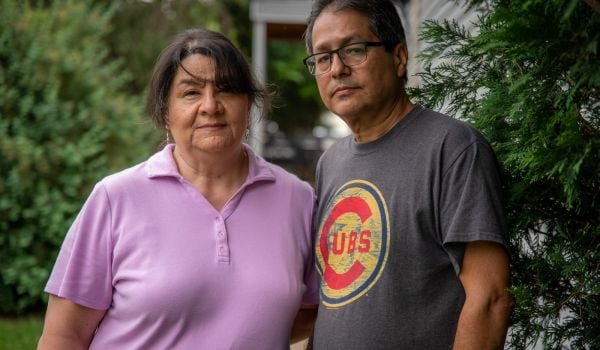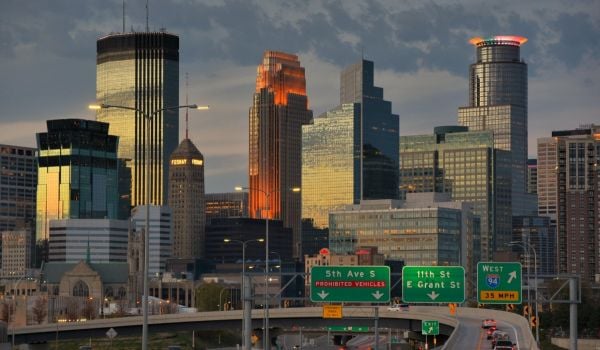A new study finds that planting vegetation between school playgrounds and roads can go a long way to protecting students from traffic-related air pollution.
A new study finds that planting vegetation between school playgrounds and roads can go a long way to protecting students from traffic-related air pollution.
Published in the journal Scientific Reports, the study examined the effect of “tredges” – trees managed as head-high hedges – planted in 2019 around three Manchester primary schools’ playgrounds.
All three school playgrounds with hedges saw reduced playground particulate matter concentrations when compared to a fourth school, which had no planting installed and which served as a control. They also appear to have mitigated the frequency and intensity of spikes in air pollution reaching the playgrounds.
“Our findings show that we can protect school playgrounds, with carefully chosen and managed tredges, which capture air pollution particulates on their leaves,” co-author Barbara Maher, who led a team of researchers from Lancaster University in the U.K, says in a statement. “This helps to prevent at least some of the health hazards imposed on young children at schools next to busy roads where the localized air quality is damagingly poor, and it can be done quickly and cost-effectively.”
But species matters, the study found. One school had an ivy screen installed; a second had a western red cedar; and the third had a mixture of Swedish birch, western red cedar and an inner juniper hedge. The school with the western red cedar saw the largest reduction in particulate matter, despite only having space for a narrow “tredge”: The western red cedar plants captured 49% of black carbon and about 46% and 26% of the two fine particulates measured in the study.
Researchers say strategically installing such greenery is a fast and cheap way to achieve significant air quality improvements in urban areas, especially in school playgrounds.
While many organizations focused on educational equity focus on the impact of indoor air quality on children’s wellbeing and ability to learn, the impact of outdoor pollution can’t be forgotten. And reducing that impact necessarily means confronting the impact of traffic-related air pollution – from gas emissions to fine brake wear particles – which the study’s authors add comprises the single largest source of outdoor air pollution in cities.
Exposure to traffic-related air pollution has been shown to have an impact on neurological, cardiovascular, respiratory and prenatal health. The health risks are especially high for young children, as the study notes: Their organs are not fully developed, their shorter height leaves them particularly exposed to car emissions, and they breathe relatively more particulate matter due to their lower lung volume and higher breathing rate.
But this isn’t just a solution for urban school playgrounds. It’s one that can be built into city infrastructure the world over, the study’s authors say.
“If sufficient, well-designed roadside tredges were installed and managed appropriately along heavily-trafficked streets across an urban area, leading to reduction in the amount of [particulate matter] leaving those road areas, then [particulate matter] loadings at the city and regional scale should also fall,” the researchers note in Scientific Reports. “As an interim, fast and cost-effective measure…careful use of roadside tredges should be considered for widespread implementation.”
Aysha Khan is the managing editor at Next City.
Follow Aysha .(JavaScript must be enabled to view this email address)




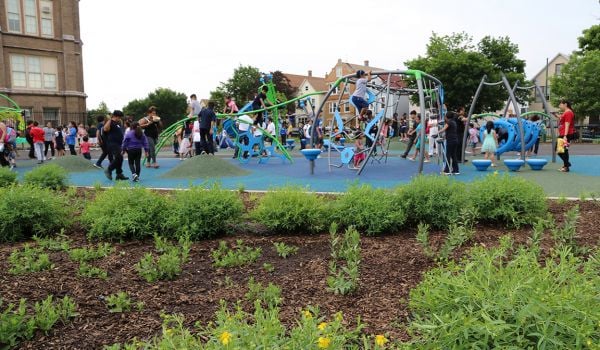
_600_350_80_s_c1.JPEG)
